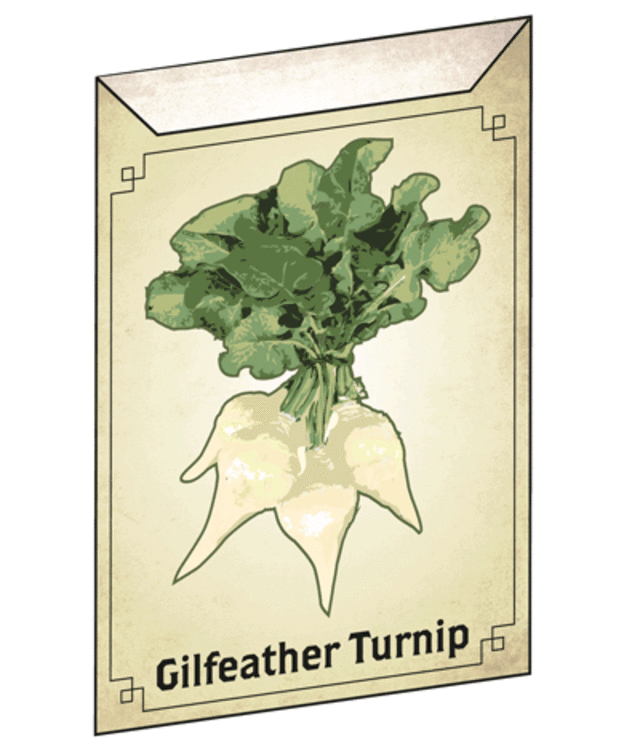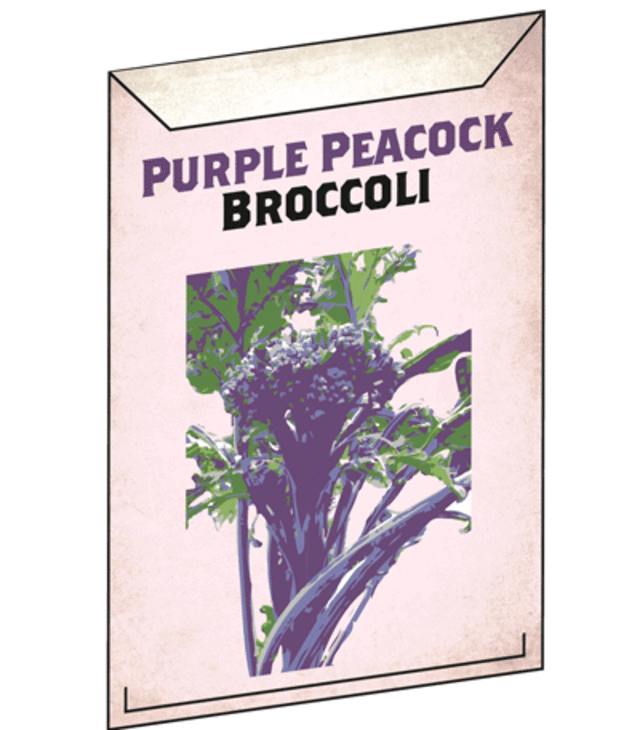Three Great Rare Seeds
In a city home to farmers market habitués and vegetable-obsessed gardeners, the quest for new flavors can lead deep into plant DNA. In recent seasons, Portland’s backyard sodbusters and home-style gourmets have flocked to old heirloom varieties abandoned by industrial agriculture and to hybrids that redefine old standards. “I think people are drawn to novelty in general,” says Harry Short of Dayton’s Mudjoy Farm. “Why not try the purple broccoli for a change?”
Unusual seeds can offer nuanced tastes in the kitchen and a Portland-style dose of anti-establishment cred in the garden. And as these three choices available from Philomath’s Wild Garden Seed show, plants’ pedigrees can be as fascinating as their colors and flavors.

Image: Nomad
For more than one hundred years, a secretive Vermont family and trademark restrictions blocked the Gilfeather—which, despite being marketed as a turnip, is a form of rutabaga—from spreading beyond its creator’s farm. In 1995, the trademark lapsed and this green-topped, football-shaped root began to gather a cult following. Many claim it offers the same flavor and consistency as a potato due to its creamy, tender taste after cooking. But Short, who grows the Gilfeather, argues that it still retains its bitter rutabaga “essence.”

Image: Nomad
Frank Morton, owner of Wild Garden Seed, created this vibrant brassica by crossing broccoli with two different kinds of kale. Morton explains that he wanted to create “an eat-all broccoli that can be used at all stages of life, from seedlings through maturity.” The result of this racy interspecies ménage à trois is a multicolored plant with a striking look in the garden that produces edible leaves, florets, side shoots, and, of course, heads.

Image: Nomad
This new addition to Wild Garden’s lineup went through a Cascadian relay. Morton got his initial supply from farmers at Bellingham’s Uprising Seeds. Meanwhile, Junction City’s Groundworks Organics grew the variety in an on-farm trial, which led to a proclamation that Pokey Joe is the king of cilantros. (Morton calls this “a good example of the informal system by which small growers share information and genetics.”) Besides intensely green, pungent foliage, the variety is also noted for fantastic roots—a prized culinary ingredient.



